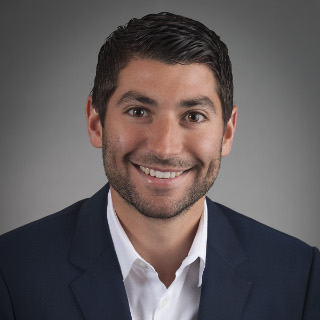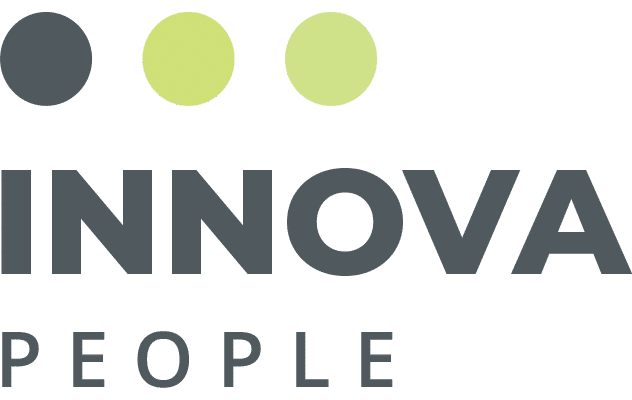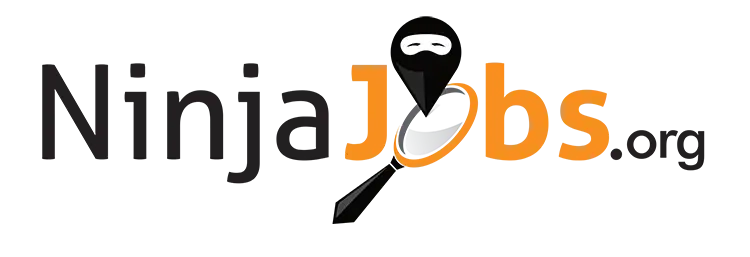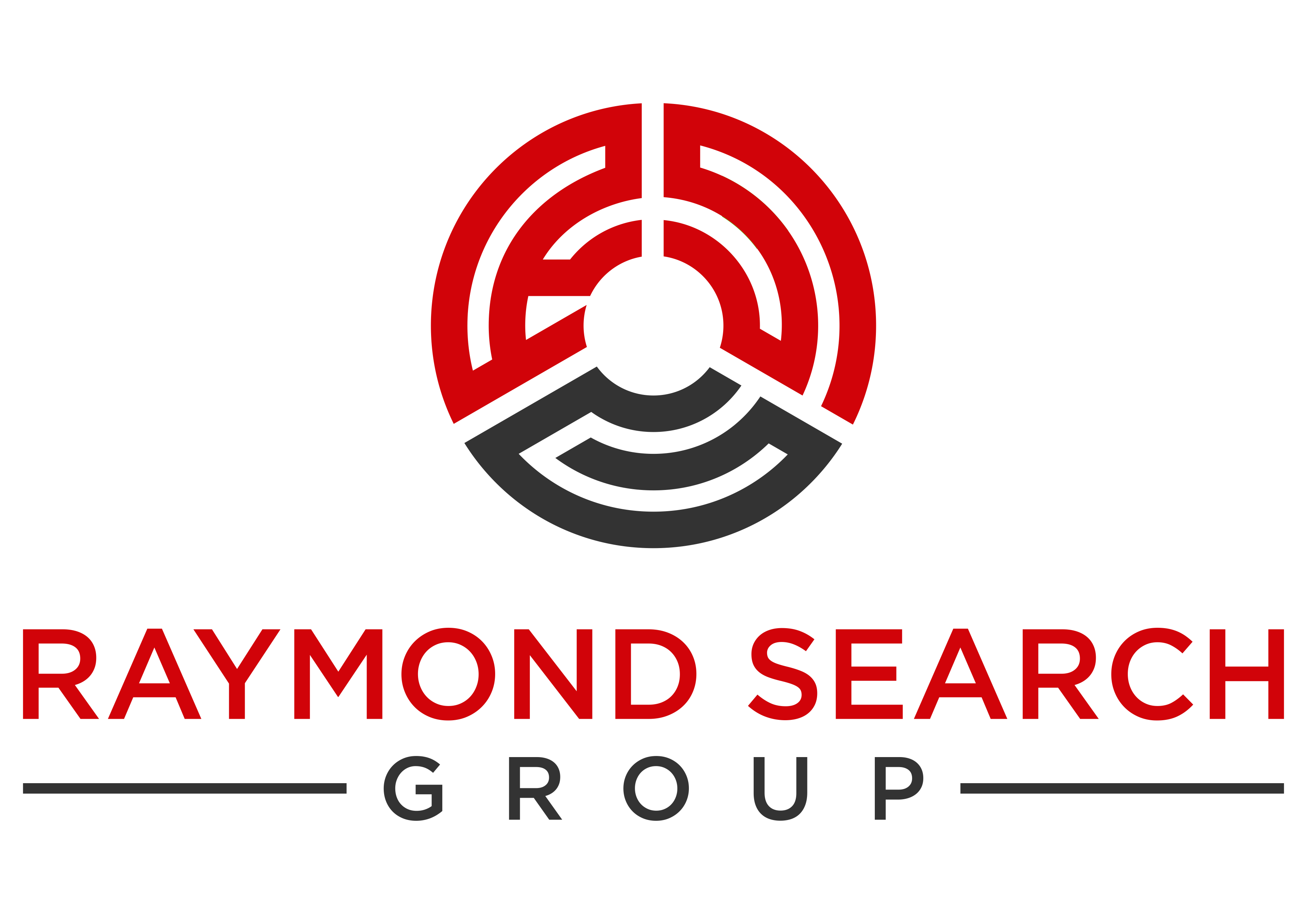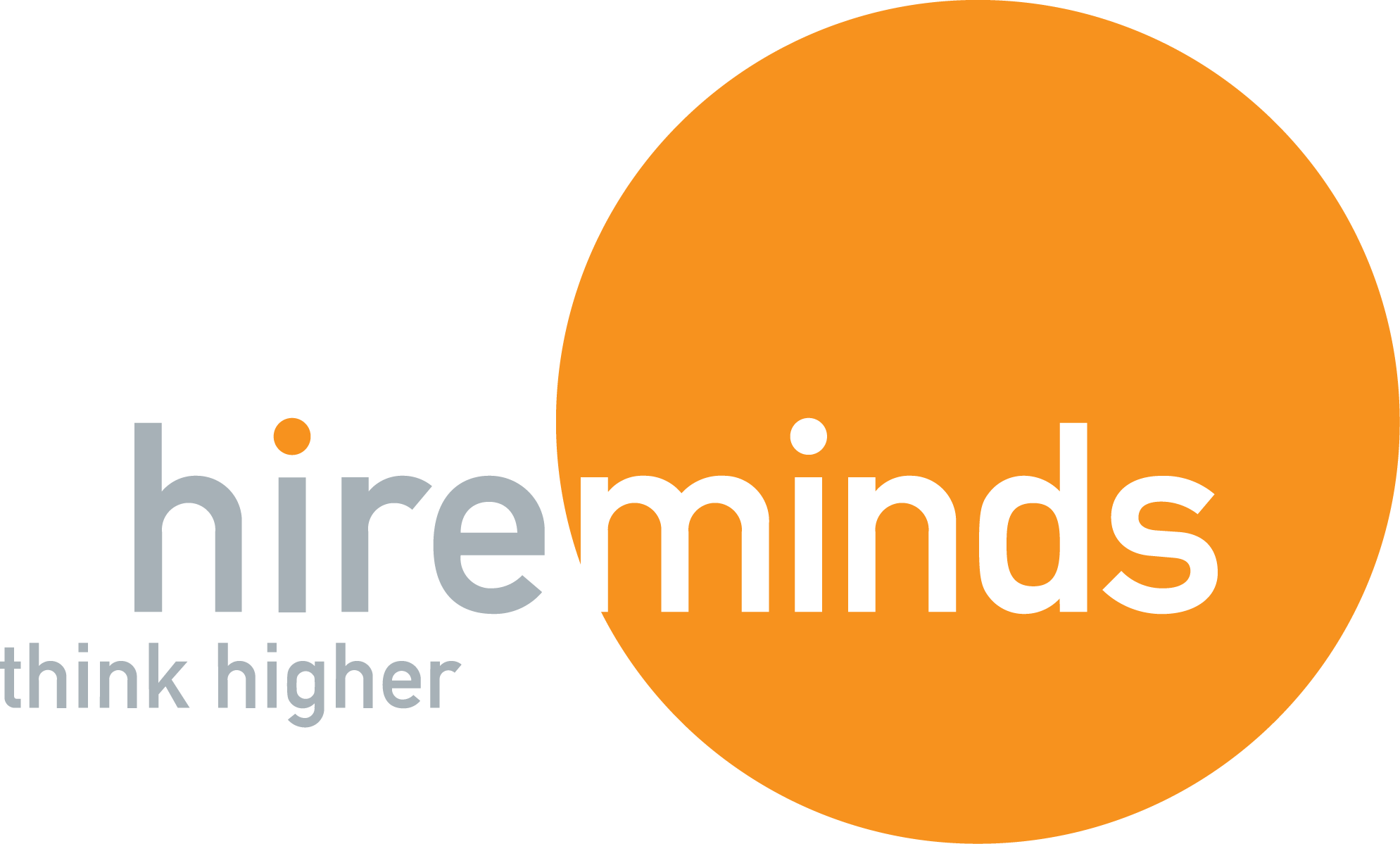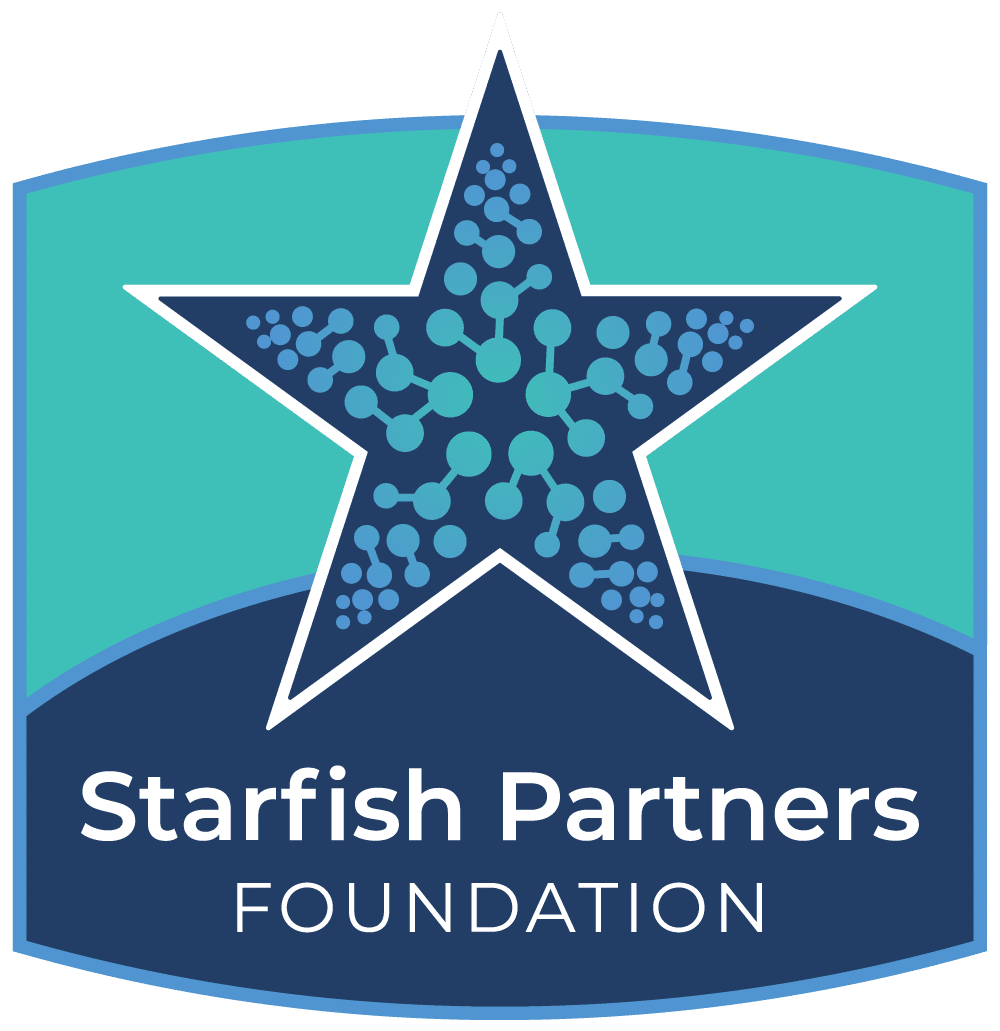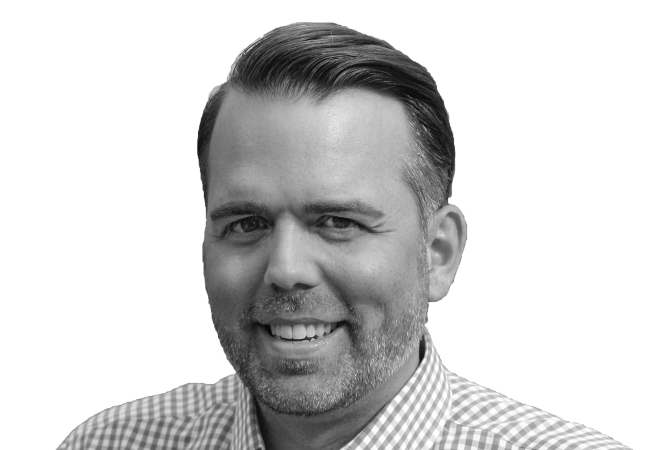
Norm Volsky, Director of Mobile HIT at Direct Recruiters, Inc. recently interviewed Shane Waslaski, CEO of Intelligent InSites. Intelligent InSites software creates a visual workplace that improves patient flow and operational efficiency using RTLS location-based intelligence. Mr. Waslaski shared insights on his career, the healthcare industry, advice for healthcare professionals, and much more.
Please tell us about yourself and what attracted you to a career in operational leadership within healthcare delivery organizations?
In all my work I have always been most drawn to healthcare operations because, for me, it represents a unique intersection where we touch the life of the patient through the qualitative facets of care delivery. It is also an industry in which you are assured of being impacted by your own work in some fashion because you, a family member or a friend will be a patient and you will experience the industry for yourself. That is not true of many industries. My technical side is drawn to the detail, the complexity, and the dynamic nature of healthcare while my nurturing side is satisfied by knowing that my work will have a lasting positive impact on the safety, effectiveness, and efficiency of healthcare. Because I am not a nurse or a physician, my hands will not be directly involved in patient healing activities, but I am privileged to be deeply engaged in shaping how patients experience their care and through the environments in which caregivers do their work.
Please talk about the importance of operational intelligence for healthcare and how it improves patient care.
In so many ways , and through the hands of so many – caregivers, patients, lab results, medications, equipment, supplies, exam rooms and transporters – many details must come together at the sharpest points of care to drive quality outcomes and experiences. Patients know it when they experience it and, as patients, we all desire this symphony of parts to come together for us in a positive way.
In so many health systems, leaders lack a comprehensive view of their operations. They can’t see process bottlenecks until it is too late to prevent the inevitable delays and frustration they produce. Every moment nurses and providers spend looking for equipment, supplies or each other takes away time from patient care. And we know through so many studies that caregiver time with patients already has been greatly reduced due to increasing administrative burdens. With visibility into operations, health systems can improve safety and process efficiency so that all the resources and people more easily come together to produce a positive patient experience.
Earlier this year, you spoke at MobCon Digital Health Conference. Can you provide a brief overview of your topic?
I love hearing how pattern identification and predictive modeling are making amazing advances in diagnostic and healing technologies possible. But, we still find nurses and providers being interrupted in the delivery of care to write things down or most often to type at a keyboard in order to capture timestamps and other data required to measure performance. At MobCon – and at every other opportunity I’m given – I hope to re-inspire in the audience the belief that we are long overdue to insist on systems that are designed so that far more data is automatically collected, particularly operational workflow information. I shared examples of how this is already happening in healthcare in facilities where real-time operational intelligence systems are being used. I shared the significant results we’re seeing, like 25% reductions in clinic patient cycle times and how we are able to standardize procedures and care protocols to give a typical clinic 3,000 more care minutes back per week. That’s 15 more patients a day, and with 251 work days in 2016, that’s 3,765 more patient visits. It matters and these systems are so effective at bringing change where some of the most challenging operational work needs to be tackled.
Who do you consider as the most innovative healthcare leaders of today?
Nurses. I consistently find nurses are among the most innovative thinkers and in the most challenging circumstances, the caregivers who always find some way to take the best care of the patient. They are forever under pressure and a critical line of defense when it comes to patient safety. All of this while being healer and comforter, and they are crucial to the overall patient experience. Nurses are a source of both innovation and inspiration for me and this team.
What do you believe are the most important traits of a leader in today’s business world? Are we truly facing a leadership shortage in the US and on a global level?
Honesty, tenacity, and courage. If we are facing a shortage, we need look no further than a mirror to find those of us responsible to being certain that is not the case. We work hard to ensure that within our own organization every individual has both the opportunity and understands their obligation to lead. Our strongest leaders are always honest, they never give up and they repeatedly show courage in their conversations and their approach to innovating. I have the highest respect for individuals who consistently do so.
On your LinkedIn page, your “Influencers” are Jeff Haden, Ghostwriter, Eric Ries, CEO at Long-Term Stock Exchange, Tim O’Reilly, Founder & CEO of O’Reilly Media, and Jack Welch, former CEO of GE and current Executive Chairman for The Jack Welch Management Institute. Can you tell us how they influence you and why you admire them?
There are a number of others such as Kotter and Porter I would certainly add but have not taken the time to do so, but at some point these individuals and others have influenced me. Jack Welch for his track record and his teachings on the idea that you must change before you are forced to change and his passion about the importance of our responsibility as leaders to grow others. Tim O’Reilly serves as a reminder to me in the software industry that the data we liberate to the customer must be far more valuable than the data we capture. This has been the repeated error of the software industry and I am resolved to be certain we are providing exponentially greater value in the data we reveal than just our ability to collect it. Jeff Haden is someone who believes in effort and action and, like Welch, the obligation we have to help others grow as a way to pay forward the investment someone made in us. I find value in those who have gone before me and are salient writers and thinkers on how we can leave the wood pile higher than we found it.
What is the biggest challenge on your plate right now?
Aside from the ongoing challenge of recruiting experienced services, software and data science professionals, my greatest focus is on helping healthcare leaders fully understand what it takes to change – to truly transform. Leaders know they need to take significant cost out of their operations. They know they need to transform the experience – both for patients and staff. But for so long in healthcare, operational change has happened incrementally, at glacial pace. Frankly, that is so far below the kind of wholesale change needed. Driving this kind of change doesn’t happen with an initiative run as a side operation. To get there takes a tenacious and aligned strategic change aptitude across the entire organization. And that is daunting in any environment – because it’s not a core strength in our industry. Customers who are seeing the most transformational results have operational excellence goals tightly woven into multiple levels of their organizational plans. They are aligning, empowering, recognizing and rewarding change teams across their organizations. And then they are collaborating to rapidly raise skillsets in analytics and location-based operations. They also are partnering with full-service solution providers who bring together all the elements needed for transformation, including the technology, the tools, business process engineering, change management, and program management.
What is your best advice to up and coming healthcare technology professionals? What does it take to succeed?
The single most important thing that healthcare technology professionals can do is become deeply immersed in the realities and pain points of leaders, decision-makers, caregivers and technicians across healthcare. When you find these pain points, you know, because most everyone around you will be running in a direction away from them. You must be close enough to understand the challenges and skilled in asking questions that penetrate to root-level causation. Then, and only then, can we create new, transformational approaches. We can’t simply ask “what do we need to change?”, “we need to understand why?” This is key to the most pressing challenges that remain in healthcare operations and it is the key to Leans’ 5th “S” – Sustainment.
What events and tradeshows will Intelligent InSites attend in 2017?
Intelligent InSites will be at HIMSS17 in Orlando. In addition, we showcase our solution and case studies at targeted industry events throughout the year, including regional HIMSS chapter meetings, conferences focused on sub-markets we serve, such as urgent care and orthopedic clinics, and various association meetings. Our marketing team announces where we’ll be on our website and on social media.
What healthcare software trends do you see for 2017?
The focus on efficiency in healthcare workflow. Time saving, care enhancing solutions that automate specific functions for specific providers such as ensuring most of the data that’s needed to capture timestamps and other process-related markers is captured automatically. Where automation cannot be embedded and achieved, there will be a focus on usability of systems, including liberating providers and nurses from the keyboard. Finally, a shift away from silos and more focus on integrating systems to drive greater value to all of them, such as connecting nurse call, bed management, real-time patient flow apps and metrics view boards, EHRs, billing systems and even building management systems.
How has current legislation and the recent presidential election impacted hospital decisions?
There is so much being said about this already that I don’t feel the need to pile on, except to say that my hope is we avoid speculation paralysis. At times when there are many unknowns over which we have no control, it is best to turn our focus to the things we can control. I can think of no greater opportunity than removing waste from our operational processes in healthcare, while also transforming the patient experience. No matter what happens in the halls of Congress, we know we need to reduce costs. The great news is we know we can do so, and dramatically. Where we can be of assistance to our lawmakers and leaders, we stand ready to help.
Currently, the healthcare industry is experiencing a lot of challenges. What do you think is the industry’s greatest challenge?
Costs are out of control, many of our doctors and nurses are losing hope and retiring and not as many young people are joining the profession, all while more consumers enter the system bringing higher expectations of convenient, personalized service. And so, we have come to the time where we have no choice but to transform. In this way, I see our greatest challenge as our greatest motivator. We know what we can accomplish when we turn our intellect and attention to it. Advances in diagnostic and surgical technologies, medicines and therapies have improved the health and well-being of so many in so many amazing ways. Now, we need to turn our intellect and focus on transforming our operations.
How has your B.S. degree in Zoology and Biochemistry prepared you for your profession in healthcare operational excellence?
Understanding the inner-workings of organisms at the cellular and group levels, including relationships among them and how they’ll react under different conditions, has been incredibly useful. Without knowing it at the time, I chose a field of study that blends both data analysis, behavioral science, and dynamic mechanics and these have been amazing foundations for approaching large, complex problems like complex patient flows. Complex problems are a collection of many mixed up and less complex problems. It is our challenge to unravel the pieces and solve those that can be solved instead of being overwhelmed by what looks like one massive unsolvable challenge.
Norm Volsky
Director of Mobile HIT
Direct Recruiters, Inc.
440-996-0059
[email protected]


